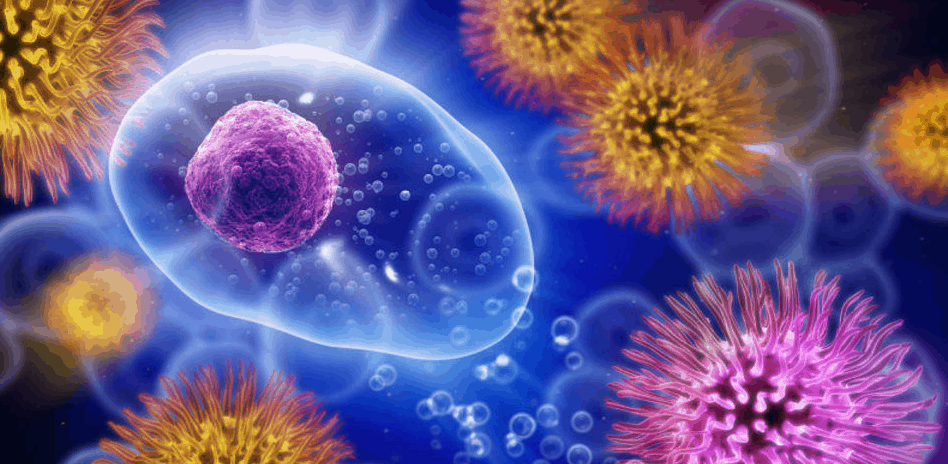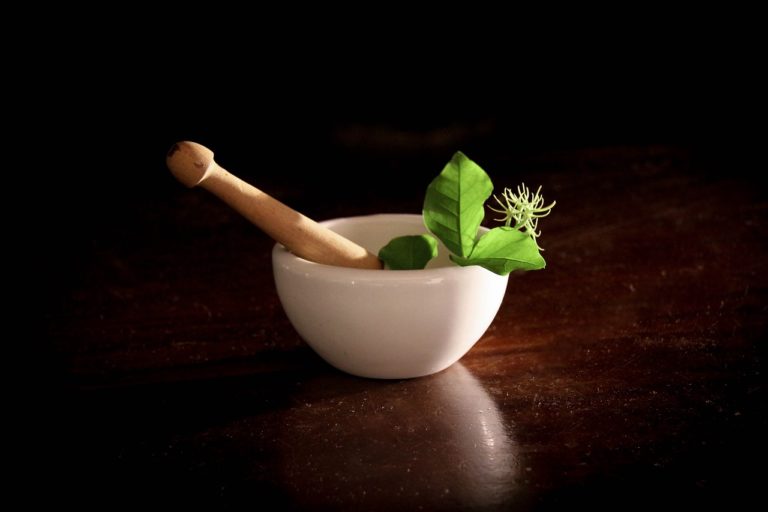Viruses and fungi may cause chronic prostatitis, however, this is less common than with bacterial causes. Doctors may look for fungi as a possible cause of chronic prostatitis in men who have a weakened immune system. It is possible for fungal infections to be present in men who have taken antibiotics (which affect the immune system), so if you have taken multiple courses of antibiotics, as many men with prostatitis have, there could be an underlying fungal infection worth investigating.
One virus that may play a role in causing prostatitis is the herpes simplex virus. This virus is associated with the sexually transmitted disease (STD) commonly referred to as herpes. Many people who contract herpes do not even know they have the disease because they do not experience symptoms. Individuals who do have genital or rectal blisters often have few problems with them and the blisters fade after a few weeks.
When herpes blisters open, the virus can spread from the fluid that is released. Some experts suggest that the herpes virus from the open blisters in the rectum travels to the prostate gland, where it triggers an infection. In rare cases in men who have a compromised immune system another virus called Cryptococcus neoformans can cause prostatitis.
Not all experts agree that viruses can cause prostatitis. One study evaluated 20 tissue samples from men with chronic prostatitis/chronic pelvic pain syndrome (CP/CPPS) for viruses such as cytomegalovirus, herpes simplex viruses type 1 and type 2, and human papilloma viruses. None of the prostate samples showed signs of viruses.
It may be possible that STDs such as gonorrhea and chlamydia may contribute to the destruction of the urothelium, which facilitates a Candida colonization and invasion. That is why it is possible that multiple problems can be contributing to prostatitis symptoms, and why a multimodal treatment approach to CP/CPPS is always recommended.
Researchers in a study on fungal treatment for CP/CPPS feel that doctors currently underestimate the role of a fungal infection as a causative factor in prostatitis, especially in younger men.
Researchers studied 1,000 patients (median age of 34) with CP/CPPS who had previously been unsuccessfully treated with antibiotics (ciprofloxacin) and alpha-blockers (tamsulosin) for one year. The men were put on a two-week regimen of a low carbohydrate diet, alkalinization of urine (with potassium citrate), and administration of the antifungal drug fluconazole. They observed an improvement in 80% of the cases with the antifungal regimen, and the men who had more previous use of antibiotics scored better on the antifungal regimen. One possible explanation could also be that recurrent antibiotic courses could affect the body’s immune response, which could facilitate invasion and virulent behavior of a Candida infection.
Men who have a compromised immune system may have a higher incidence of fungal infections. People at risk for a weakened immune system are men with cancer, HIV, and chronic diseases such as diabetes and autoimmune diseases. Men who have taken multiple courses of antibiotics could be at risk for fungal infections because the use of certain antibiotics can destroy helpful bacteria that help regulate certain fungi such as Candida albicans. Types of fungi that may be associated with prostatitis include:
- Candida albicans,
- non-albicans Candida species,
- Aspergilla,
- Cryptococcus,
- Coccidioides immitis,
- Histoplasma capsulatum, and
- Blastomyces dermatitidis.
These fungi can cause changes in the prostate gland that make it appear that men have prostate problems such as a bacterial infection, an enlarged prostate, or abnormal cell growth. To make a proper fungal diagnosis, it is necessary to perform a urine culture or a prostate biopsy. Different fungi require different treatment, so it is important to accurately identify the correct fungus.
Men with prostatitis caused by viruses and fungi may find relief in natural prostatitis treatments such as supplements that offer immune system support, probiotics, and phytotherapy. This is especially important if the men have taken a lot of antibiotics, which can upset the natural balance of beneficial yeasts and bacteria in the body. Alternative therapies can help with relieving discomfort. Another good idea may to look at diet to identify any foods that could be contributing to the prostatitis symptoms and learning those foods to avoid.







